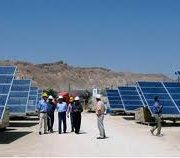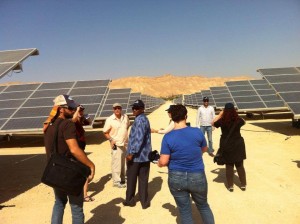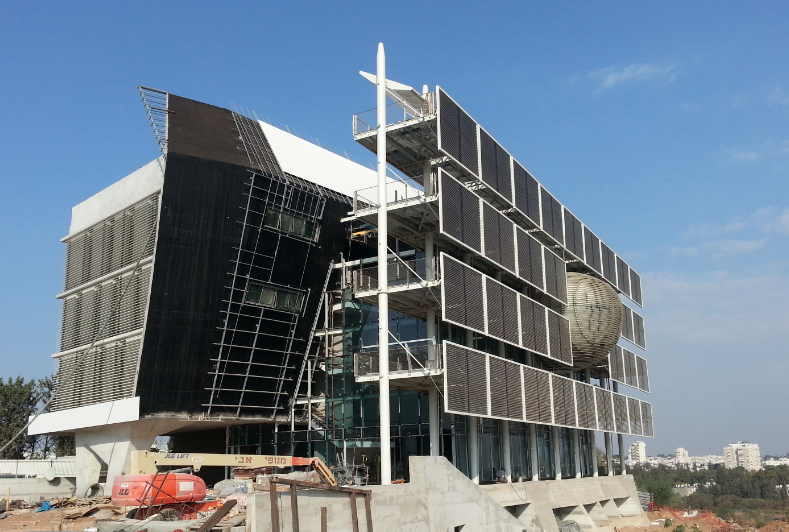Israel: 65 years of technological advances and environmental contributions
Author: Naomi Levy, Expert in Marketing and Communication.
Israel celebrates its 65th Anniversary. 65 years of independence, democracy, social integration but also progress in technology, among others, the CLEANTECH. In such a short amount of time, Israel is recognized around the world as the «Silicon Valley» of the Water Technologies. While this statement may seem a little obvious, it is worth remembering it from time to time and, incidentally, to expand data about market on clean technologies in Israel.
Located on the edge of a desert belt, Israel has sponsored since its inception as a State** the development of innovative technologies that have turned it in a world leader. Drip irrigation, desalination and wastewater recycling are some of the evidence of this leadership
** «Israel requires the study of desalination, massive use of solar energy, prevention of useful rain water waste and maximization of power through wind turbines… « – David Ben Gurion, former Israel Prime Minister – 1955
The global industry of Water and Clean Technologies moves more than 400 billion dollars a year and constitutes one of the fastest growing markets recorded. Israel has an important role in this network thanks to its technological know-how, especially in the fields of water and renewable energy.
The acute water shortage in the country has encouraged the development of technologies to optimize its use. To quote an example, note that Israel has the largest desalination plant in the world.
In 2009 the United Nations published a report which stated that Israel led the global recycling and reused 70% of wastewater. According to Environment Ministry, desalinated water constitutes currently 25% of the country’s fresh water and 40% of drinking water for the household sector.
One of the biggest challenges we face in the last decades is water shortages. The efficient use of water sources becomes more urgent in the globalized world, with the population growing and demanding for more energy, because water is running out. Technological innovation in water is vital. There are many challenges to overcome in terms of scarcity, control, facilities, pollution and even the use of water itself.
From the business perspective, there are business opportunities in water management worldwide. In developed countries, for example, we have the opportunity to innovate in controlling agricultural irrigation and domestic use. In emerging countries we can talk even about transforming industrial water into drinking water.
Israel, with its history of clean technology innovation and an active workforce of entrepreneurs and experts arrived from the field of Local High-Tech, has a clear advantage in development of clean technologies next generation. In fact, it ranked #2 in Global Ranking for Innovation in Cleantech.
Within irrigation technologies, over 80% of Israeli production is exported, while Israeli companies monopolize 30% of the global market.
These data, together with the global trend that points to Israel as a major exporter of all kinds of clean technologies and the excellent trade relations with Latin America, make the tandem ISRAEL – LATIN AMERICA in a secure strategic alliance with expectations of success.
There are already many projects and collaborations regarding cleantech that Israeli companies develops in Latin America but, according to officials of the Israel Export Institute and International Cooperation, there is still some way to go. Latin America offers many opportunities that remain still unexplored.









